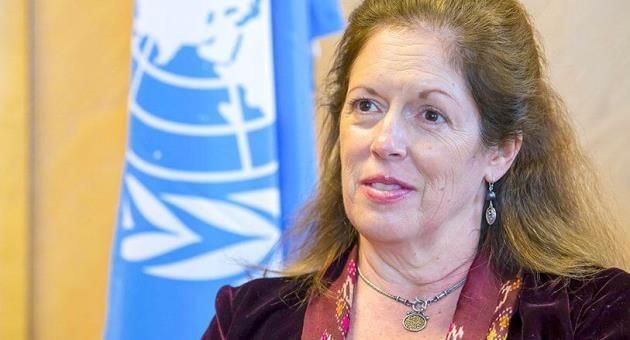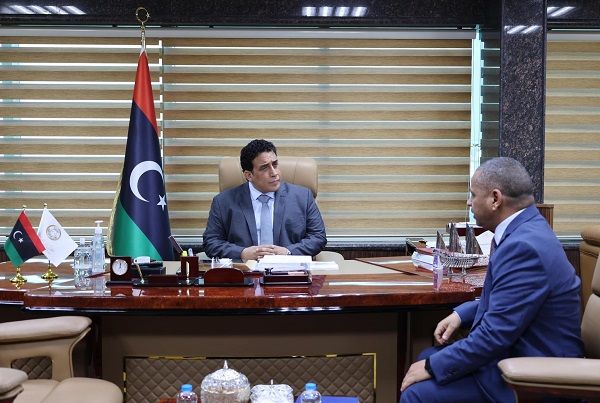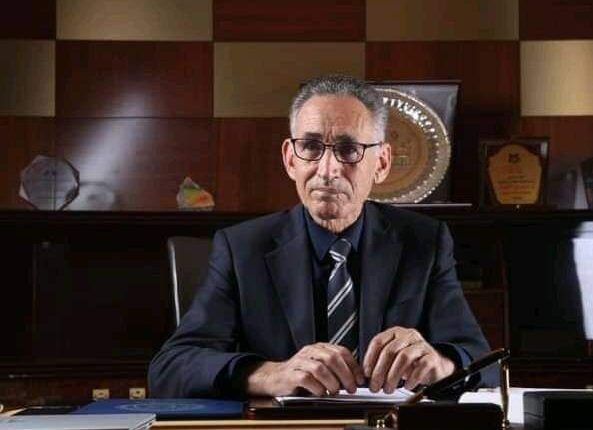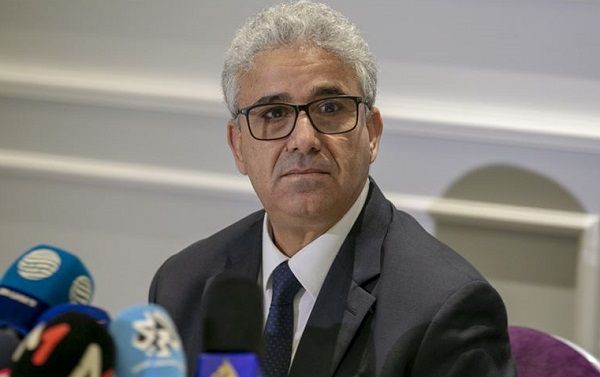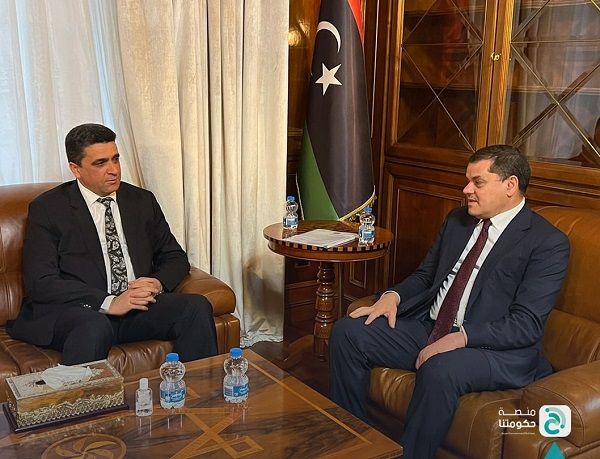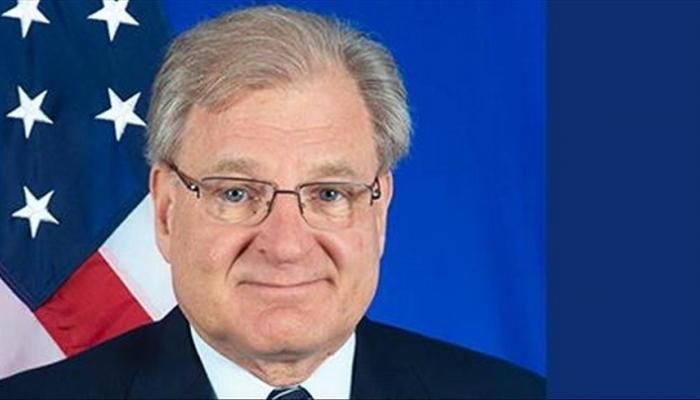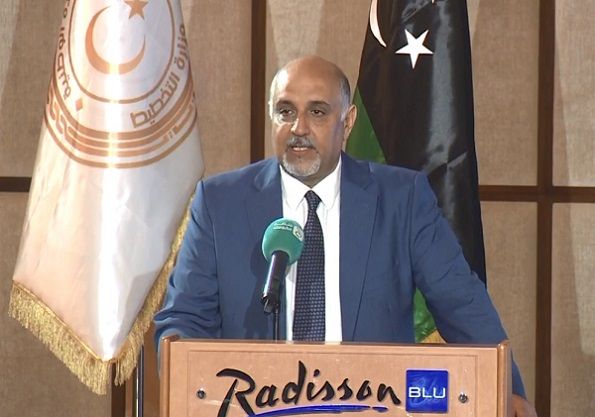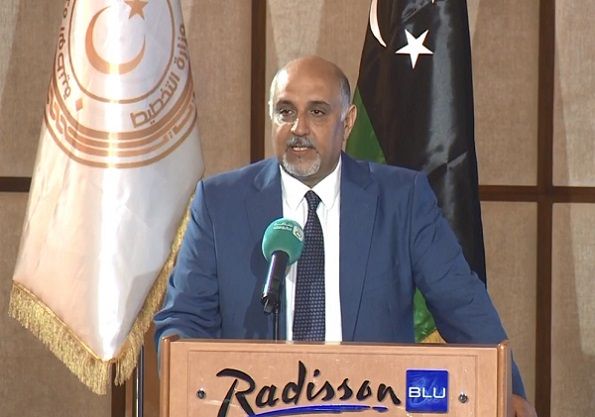The Minister of Economy and Trade in the National Unity Government, Mohammed Al-Huwaij, spoke about the measures that the government will take to address the crisis of high prices, whether in the short or medium term, including the payment of a bonus of 600 dinars for each individual divided into two months, to be paid before Eid Al-Fitr.
Al-Huwaij explained in statements on TV that among the measures now being studied by the Council of Ministers is the adoption of a cost-of-living allowance as a result of the current economic conditions experienced by all countries of the world, which have affected the risk of food security, by disbursing an allowance of 300 dinars per person, which will be spent twice during year 2022; One before Ramadan and the second before Eid al-Fitr, adding that the total value of this short-term treatment is not large and is estimated at about 4.2 billion dinars, especially in light of the increase in oil prices and the citizen has the right to obtain what covers the price difference that has increased during the current period.
The Minister of Economy added that the government is also considering choosing one of the two options, either by activating the Price Stabilization Fund by assigning it to receive the imported basic commodities, which are flour, sugar, rice, oil and tomatoes from the merchants, companies and factories that supply them, provided that the Fund will sell them with a subsidy rate ranging between 40 to 50% of the cost, by allocating an annual support budget for this purpose and defining the distribution mechanism according to the National Number System, or the other alternative is the monthly cash alternative to the citizen, which is currently estimated at 92 dinars per person per month, which means a total of 600 million dinars per month.
Al-Huwaij indicated that the Ministry of Economy demanded and is still requesting the establishment of the Libyan Grain Bureau, which had previously been presented to the Council of Ministers and its establishment was approved, but it has not yet been issued a decision regarding it, in order to achieve a strategic stockpile of wheat that is sufficient to cover the country’s needs for a period of 6 months, with an estimated quantity of about 625,000 tons of soft wheat.
